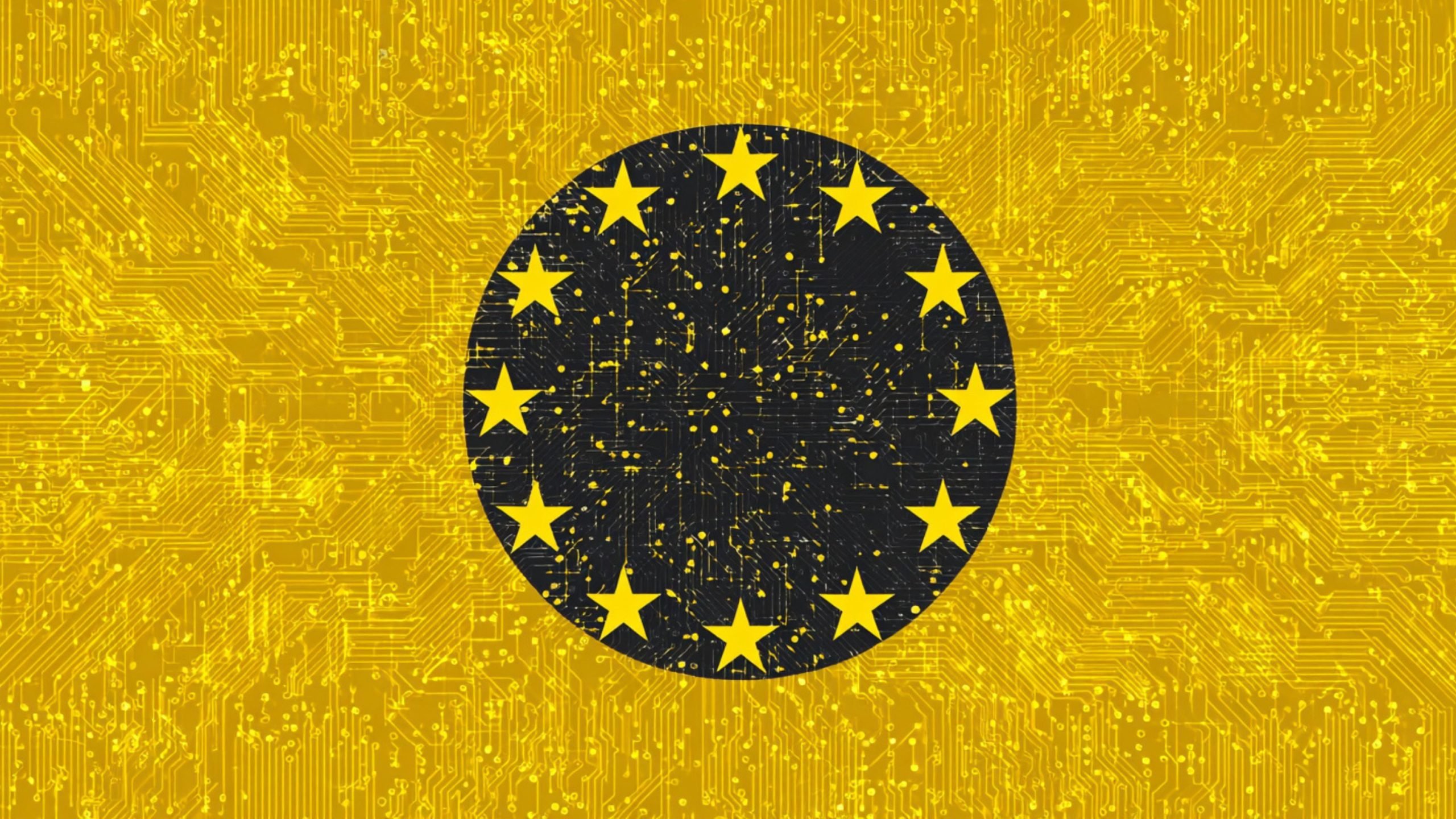
reclaimthenet.org
EU Digital ID Wallet Trials Near End Amid Privacy Concerns
If you're tired of censorship and dystopian threats against civil liberties, subscribe to Reclaim The Net.
Potential, one of the consortia selected to trial the EU’s planned Digital Identity (EUDI) Wallet, is preparing to conclude its work by September 2025.
The group, which came together in 2023, has played a role in laying the foundation for a system that privacy advocates warn could dramatically expand the surveillance and data collection capabilities of both governments and private companies.
The EU’s original target of launching the wallet in 2024 has already shifted, with the current deadline now pushed back to 2026.
Over the course of its mandate, Potential coordinated with 155 organizations across 19 countries, drawing in major corporations including Idemia, Thales, Amadeus, and Namirial.
Together, they developed six proposed uses for the digital wallet, covering activities such as opening a bank account, registering SIM or eSIM cards, accessing government services, using a mobile driving license, applying a Qualified eSignature, and presenting electronic prescriptions.
Each of these use cases, while framed as a convenience for citizens, raises questions about how personal data will be stored, shared, and protected in this new ecosystem.
A series of large-scale tests have already been conducted. The first remote trials began in May 2024. February 2025 saw cross-border testing in Warsaw, where 15 national wallets and 20 services exchanged data in peer-to-peer mode.
Ukraine also participated in testing whether its digital documents could integrate with EU systems. In May, interoperability checks in Vilnius involved 1,300 tests across 34 public and private entities, further entrenching private sector involvement in digital identity infrastructure.
Potential has outlined several ways people could be asked to prove their identity, whether through in-person checks using QR codes or NFC, supervised or unsupervised interactions at offices or kiosks, or remote logins across multiple devices.
Each method introduces new points of vulnerability where privacy could be compromised if robust safeguards are not in place.
As the EU moves closer to rolling out the EUDI Wallet, there is growing concern among privacy defenders that the push for digital identity is racing ahead and bringing about a digital checkpoint society.
If you're tired of censorship and dystopian threats against civil liberties, subscribe to Reclaim The Net.
The post EU Digital ID Wallet Trials Near End Amid Privacy Concerns appeared first on Reclaim The Net.










